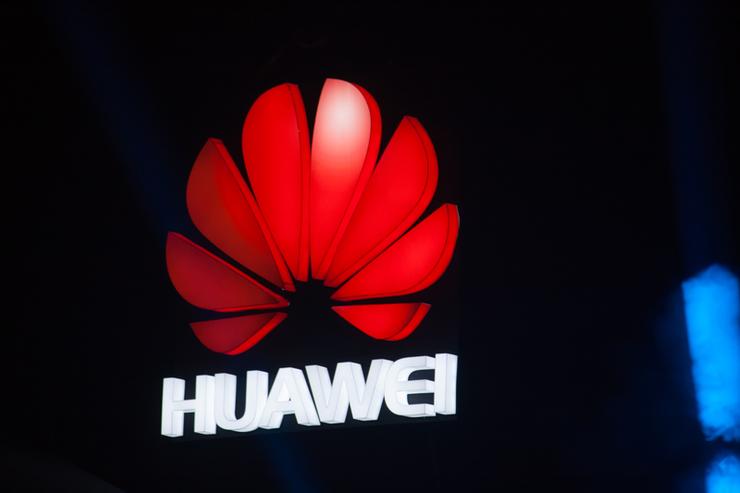
“The biggest challenge, and potential benefit for the PC market, is the integration of Windows 10 with Intel's Skylake architecture,” Gartner research analyst Ranjit Atwal added.
TBR said recent recovery in the PC segment globally from late calendar 2016 into mid-2017 and the segment’s improved long-term prognosis were the likely catalysts for Huawei’s all-in push into PCs.
Further the firm said Huawei’s PC business strategy will mirror the multi-stage approach the vendor employed in its smartphone business: explore, land and then expand.
Explore
The company seeks to expand its ecosystem of devices sold to its massive global consumer addressable market and mine new (to Huawei) device markets for revenue and profits, TBR said.
In its 2016 annual report, the company reported its consumer revenue grew more than 35 per cent year-to-year to US$27 billion, or 34.5 per cent of its total revenue in 2016. TBR said expanding into the PC market will help sustain this momentum.
Land
The firm suggested Huawei would prioritise PC market share over profits, targeting APAC — especially China — and utilising lower-priced PCs to raise brand awareness.
This will mirror the company's smartphone business, according to TBR and Huawei’s scale will allow it to endure less profit per device sold and tolerate operating this new line of business at a loss for an extended period.
Expand
TBR’s prediction is that once the business achieves five per cent market share globally, Huawei will begin to instill greater price discipline in its PC business and seek to balance market share growth with its profit and margin objectives for the PC business.
Additionally it said that as market share grows, likely rapidly due to Huawei’s brand strength in China’s consumer market, the company will leverage its brand strength and device-selling strategies to dictate average selling price (ASP) and customer trends, as it has with APAC’s smartphone market.
Concern for competitors?
Huawei’s lower average sales prices (ASPs) for premium PCs will force Dell Technologies, HP and Lenovo to respond in kind, complicating efforts of those companies to offset the impact of increased PC component costs, especially memory and solid-state hard drives, TBR said.

The analysts firm added that these three companies have, to varying degrees, articulated plans to raise PC ASPs to stabilise margins.
"Huawei’s entry into the PC market disrupts and undermines those plans, loosens the grip of these vendors on the global PC market, and blocks these vendors from capitalising on opportunities in China’s and APAC’s PC market," Narcotta added.
"A new competitor in the premium PC space will stall some of the market momentum enjoyed by Dell Technologies, HP, Asus and Apple, and rob these vendors of revenue and profit."
Narcotta said Huawei occupying five per cent of the global PC market would represent a shift of nearly US$5 billion in revenue to a new vendor, and as the vendor's market share grows over the next five years, the revenue drain will intensify.
A likely near-term outcome of this revenue shift, according to TBR, is that smaller OEMs, such as Acer, Fujitsu and Toshiba, will be forced out of the PC business.
According to Narcotta, Acer does not possess the financial means or manufacturing scale to combat another larger, stronger competitor in the premium PC space.
Meanwhile, Fujitsu, already in talks to form a PC joint venture with Lenovo, will shifts its focus to its cloud, data centre and services businesses, and Toshiba will elect to finally exit the PC market in which it has languished over the last two years.
Will the gamers come to play?
"Asus’ strength in gaming PC markets somewhat insulates it from Huawei’s moves, but Asus’ mainstream consumer notebook PC business will be disrupted," Narcotta added.
In the longer term, as Huawei’s PC business gains scale in China, Dell Technologies, HP, Lenovo and Apple will encounter much stronger competition in APAC, Narcotta said, with Lenovo the most affected, as the bulk of its PC revenue is generated by China.
As with its smartphone business, Huawei has proved the U.S. is not a requirement for success. Head-to-head competition in the U.S. will not be common for most vendors, but TBR said it does amplify the degree to which Dell Technologies, HP, Lenovo and Apple will rely on the U.S. for PC revenue, as addressable markets outside the U.S. for these vendors, especially in APAC, shrink.

















